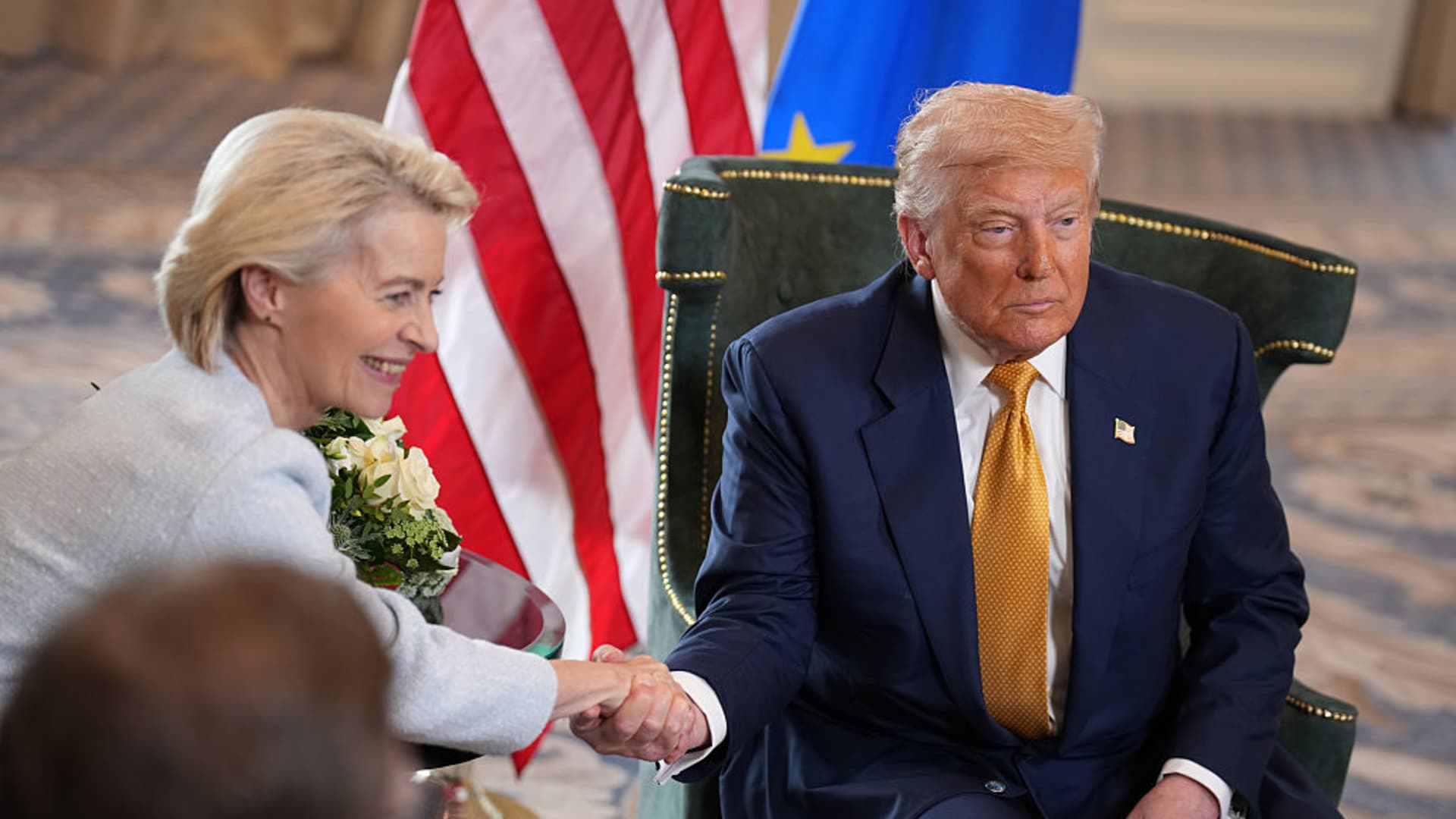Fed Official Warns of Looming Economic Fallout from Tariffs Amidst US-China Negotiations
A senior Federal Reserve official has raised alarms about the potential economic damage caused by escalating tariffs, even as the US and China make tentative progress in trade negotiations. The warning, delivered this week, underscores growing concerns over how trade barriers could destabilize global markets, increase consumer costs, and slow economic growth.
Mounting Concerns Over Tariff Impacts
Federal Reserve Governor Christopher Waller emphasized that prolonged trade restrictions between the US and China could exacerbate inflation and disrupt supply chains. “While tariffs may offer short-term leverage in negotiations, their long-term economic consequences are concerning,” Waller stated during a policy forum in Washington. “Higher costs for businesses often translate to higher prices for consumers, which complicates the Fed’s inflation control efforts.”
Recent data supports these concerns:
- The US imported $427 billion in goods from China in 2023, with tariffs affecting nearly 18% of these products.
- A study by the Peterson Institute for International Economics estimates that existing tariffs could reduce US GDP growth by 0.3% annually if left unresolved.
- Consumer prices on tariff-affected goods, such as electronics and apparel, have risen by an average of 4.2% since 2022.
US-China Trade Talks: Progress and Pitfalls
Despite the warnings, both nations have inched toward resolving trade disputes. Last month, US Trade Representative Katherine Tai met with Chinese Vice Premier He Lifeng to discuss easing restrictions on agricultural and technology exports. However, key issues remain unresolved, including intellectual property protections and subsidies for state-owned enterprises.
Dr. Linda Yueh, an Oxford economist, noted, “Negotiations are progressing, but the gap between the two sides is still significant. The risk of backsliding into a full-blown trade war persists, especially with political pressures on both sides.”
Broader Economic Implications
The Fed’s caution reflects wider anxieties about global trade stability. The World Trade Organization (WTO) recently revised its 2024 growth forecast downward, citing “geopolitical tensions and protectionist policies” as primary risks. Emerging markets, which rely heavily on exports, are particularly vulnerable to disruptions in US-China trade flows.
Meanwhile, US manufacturers are grappling with higher input costs. A survey by the National Association of Manufacturers found that 62% of firms have delayed investments due to tariff-related uncertainties. “We’re stuck between rising material costs and unpredictable demand,” said James Chen, CEO of a Michigan-based auto parts supplier. “It’s a lose-lose scenario for small and mid-sized businesses.”
Divergent Views on Tariff Strategies
Proponents of tariffs argue they protect domestic industries and force trading partners to address unfair practices. “The US has tolerated China’s trade abuses for decades,” said Senator Marco Rubio in a recent op-ed. “Strategic tariffs are necessary to level the playing field.”
Critics, however, warn of collateral damage. A Brookings Institution report highlighted that US tariffs have led to retaliatory measures from China, hurting American farmers and tech exporters. “The agricultural sector lost $27 billion in exports due to Chinese counter-tariffs in 2023 alone,” the report noted.
What’s Next for Trade Policy and the Economy?
As negotiations continue, economists urge policymakers to weigh short-term tactics against long-term economic health. The Fed’s next moves—whether adjusting interest rates or issuing further guidance—will hinge on how trade tensions evolve. For businesses, contingency planning is essential. Diversifying supply chains and hedging against price volatility could mitigate risks.
The stakes are high. With the 2024 election cycle approaching, trade policy will remain a flashpoint. Investors and consumers alike should monitor developments closely, as the outcome of US-China talks could shape the global economy for years to come.
For real-time updates on trade negotiations and their market impacts, subscribe to our newsletter or follow our expert analysis.
See more CCTV News Daily



